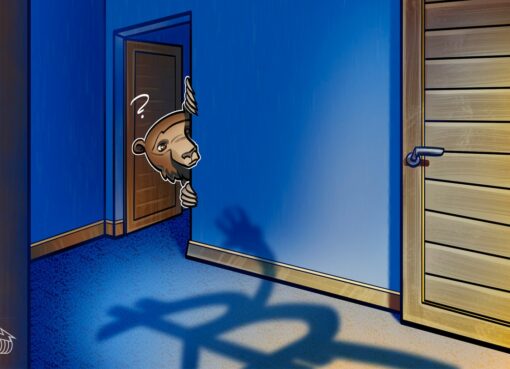The wife of imprisoned Palestinian leader Marwan Barghouti has urged Donald Trump to push for her husband’s release after the U.S. President said he would “make a decision” on the matter.
“Mr. President, a genuine partner awaits you—one who can help fulfill the dream we share of just and lasting peace in the region,” Fadwa Barghouti said in a statement to TIME. “For the sake of freedom for the Palestinian people and peace for all future generations, help release Marwan Barghouti.”
Trump made the comment in an interview with TIME when asked about whether he would support freeing Barghouti, who has long been seen by Palestinians and some diplomats as a potential unifying leader. “I am literally being confronted with that question about 15 minutes before you called. That was the question. That was my question of the day. So I’ll be making a decision,” he said.
Marwan Barghouti, 66, has been imprisoned by Israel since 2002 and was sentenced in 2004 to five life sentences for his role in attacks during the Second Intifada—the Palestinian armed uprising that followed the breakdown of the 1993 Oslo Accords. He was convicted of directing shooting and bombing attacks that killed five people, though he denied involvement and declined to mount a defense, saying he did not recognize the legitimacy of the Israeli court. Once a prominent participant in the Oslo peace process, Barghouti was known for cultivating ties with senior Israeli officials.
Although a senior member of Fatah—the secular nationalist party that dominates the Palestinian Authority—Barghouti has maintained good relations with Hamas, the Islamist militant group that controls Gaza. His name was reported to be high on the list of prisoners Hamas sought to include in hostage-exchange talks following its Oct. 7, 2023, terror attack, which killed more than 1,200 people in Israel and triggered the war that has since killed more than 60,000 Palestinians in Gaza, according to Gaza’s Health Ministry.
Barghouti remains in prison, where he consistently leads polls for president of the Palestinian Authority, the transitional governing body created under the Oslo Accords. “They don’t have a leader right now,” Trump noted. “At least a visible leader.”
Trump, who has been credited for brokering the cease-fire that freed Israeli hostages, now faces a more complex task: shaping a postwar framework for governing Gaza’s 2 million residents. His peace initiative, backed by several Arab governments, marks an inflection point for the broader political question of Palestinian aspirations for their own nation in Gaza and the West Bank, where another 3 million Palestinians reside.
Israeli Prime Minister Benjamin Netanyahu flatly opposes the “two-state solution.” But Trump’s statement on Barghouti’s fate raised hopes that the President—who described strong-arming the Israeli premier to accept the cease-fire—might intervene again.
Among those encouraging the President to take that step is Ronald Lauder, the billionaire president of the World Jewish Congress and a longtime Trump ally, who has urged Barghouti’s release.
“I think that the fact that he’s thinking about it is a great step in the right direction,” Lauder told TIME. “A two-state solution is only possible if you have a good leader and Marwan Barghouti will be the right leader for it. Now it doesn’t have to happen in one or two years–it could be three, four or five years, whatever time it takes. But once you start having peace between Israel and the Palestinian people, you have the future of a peaceful Middle East.”
Asked why Israel’s government continues to keep Barghouti imprisoned, Lauder said, “because they know he would make a good state. The people they released are much worse than him.” TIME has contacted the Israeli government for comment.
Barghouti’s family alleges that he has been beaten by guards in Israel’s prisons, which are under the control of Itamar Ben-Gvir, a far-right member of Netanyahu’s coalition. The Israeli Prison Service called the beating allegation false. In August, Ben-Gvir released a video of himself berating a visibly frail Barghouti in his cell.
“He’s a unifying figure,” Barghouti’s son, Arab, told PBS this week. “He is capable of unifying the Palestinian people across factions, across secular, extremists, whatever you want to call it, and bring them into a reasonable political vision that is accepted by the international community.”




